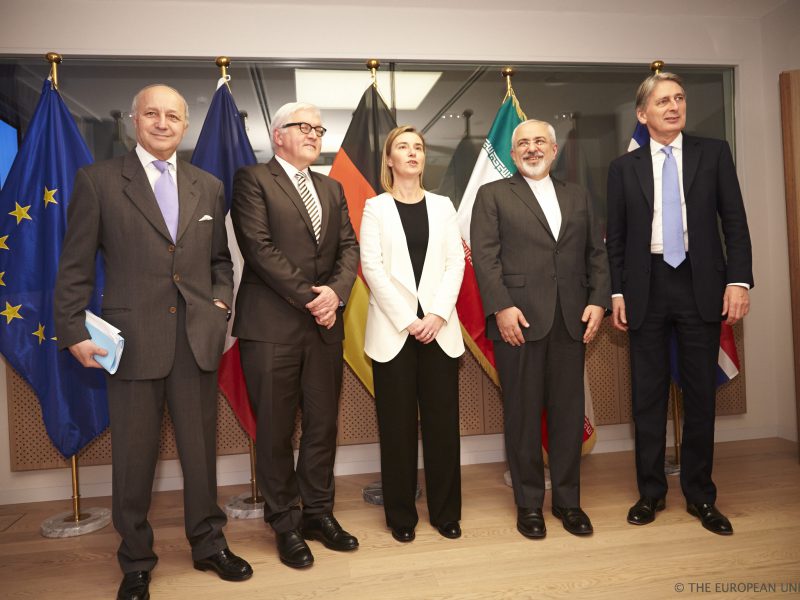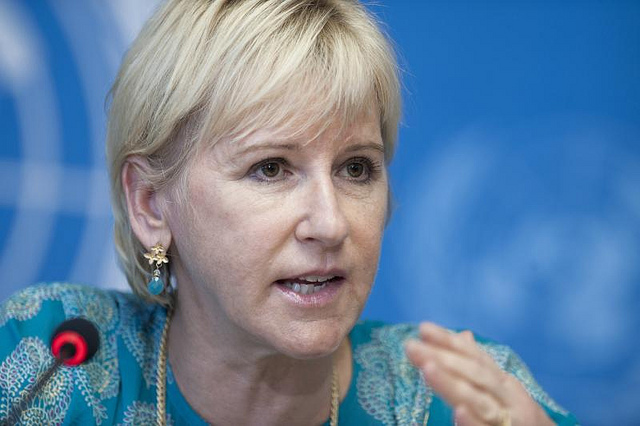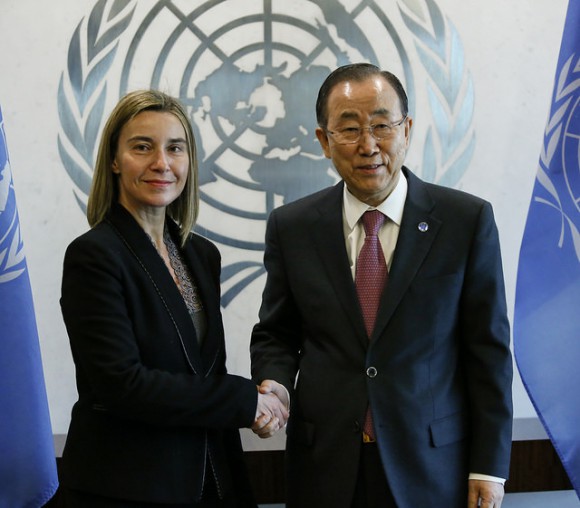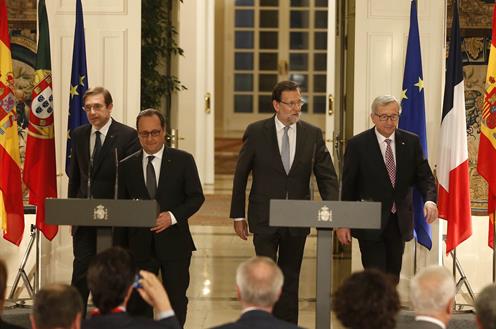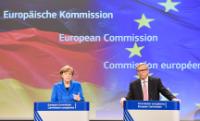EU diplomacy active with Iran and beyond
On 16 March 2015 the Iranian Foreign Minister, Javad Zarif, was in Brussels for talks with High Representative Mogherini and the Foreign Ministers of France, Germany and the UK. This was part of the six-power talks (the five permanent members of the UN Security Council plus Germany) with Iran on the latter’s uranium enrichment programme. 16 March was also the day of the EU Foreign Affairs Council (EU Foreign Ministers) in Brussels, chaired by Ms. Mogherini.

